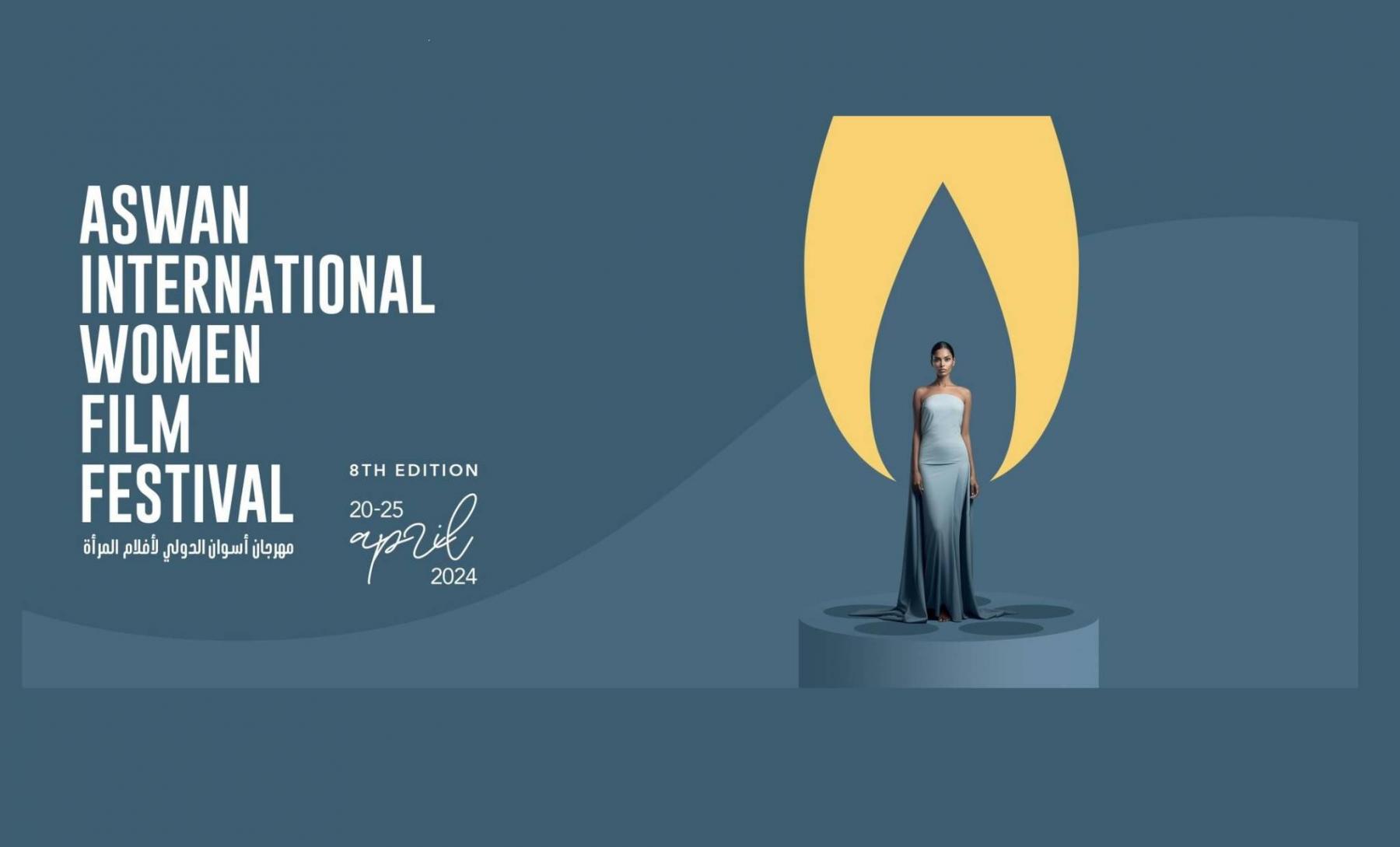Now in its eighth edition, the six-day festival features films produced in collaboration with several participating countries, including Qatar.
The Aswan International Women’s Film Festival in Egypt is set to showcase two Qatari films among 76 international productions on Saturday, Doha’s state news agency (QNA) reported on Tuesday.
Now in its eighth edition, the six-day festival features films produced in collaboration with several participating countries, including Qatar.
The short films include Backstage by Tunisian director Afef Ben Mahmoud and Moroccan director Khalil Benkirane. The film is a joint production of Qatar, Morocco, Tunisia, Belgium, France, and Norway.
The film offers a unique perspective of theatre life through the lens of its main character, Aida, a contemporary Moroccan dancer. Last year, Backstage won the Cinema and Arts Award in the Author’s Days section at the 80th edition of the Venice International Film Festival.
The other film Tiger Stripes is a joint production of Qatar, Malaysia, Taiwan, Singapore, France, Germany, the Netherlands, and Indonesia.
Directed by Amanda Nell Eu and Samm Haillay, the film follows the story of 12-year-old Zaffan whose body goes through physical transformations at an alarming rate.
Her changes force her friends to run away from her and her classmates place her in a cycle of bullying, which in turn brings out her violent, aggressive side before she eventually embraces the transformations.
This film won the Critics’ Week Grand Prize at the Cannes Film Festival last year.
The event in Egypt will also include competitions and a special programme for films that focus on the Palestinian cause, which comes as Gaza witnesses Israel’s ongoing genocidal war. The entries also include films from war-torn Sudan.
Last year, Qatar participated in a major film festival where 61 international films were screened.
Qatari visual artists Wafika Sultan Al-Essa, Hassan Al Mulla, Abdul Rahman Al Mutawa, and Mona Al-Anbari displayed paintings that reflected their country’s cultural heritage and diversity.
Their artworks also represented Qatar’s preservation of its culture throughout its significant development over the years. Al Mulla’s pieces also reflected regional issues that concern Qatar, most notably the Palestinian cause.
The pieces were presented at the Women and Life symposium, which witnessed the participation of 22 artists from six countries including Qatar, Kuwait, Iraq, Pakistan, Denmark, and Egypt.







